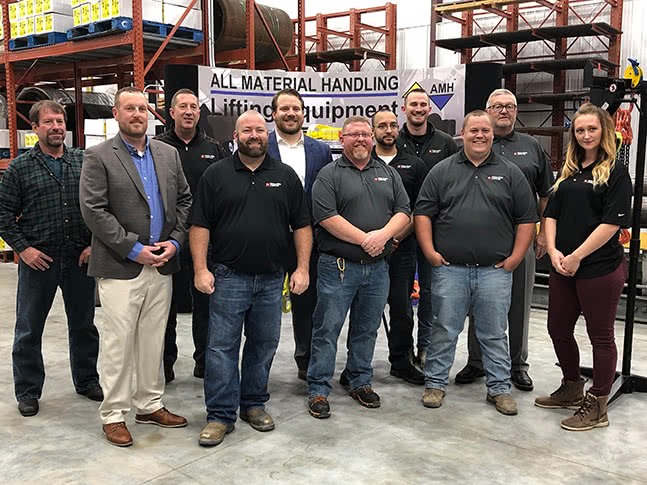Missouri Northeast is a coalition of communities and organizations cooperatively working to promote investment within a 16-county region through expansion of existing businesses, new business attraction and entrepreneurial development. These investments lead to the creation of new jobs, increased tax base for taxing jurisdictions and municipalities and diversification of the local economy.
2024 Legislative Priorities
Northeast Missouri region boasts a high quality of life with an affordable price tag.
High Priority Items
General Items
- We support efforts to improve, maintain and enhance transportation infrastructure.
- We support responsible legislation aimed at creating a business-friendly environment.
- We support continued funding related to existing Department of Economic Development incentive programs.

